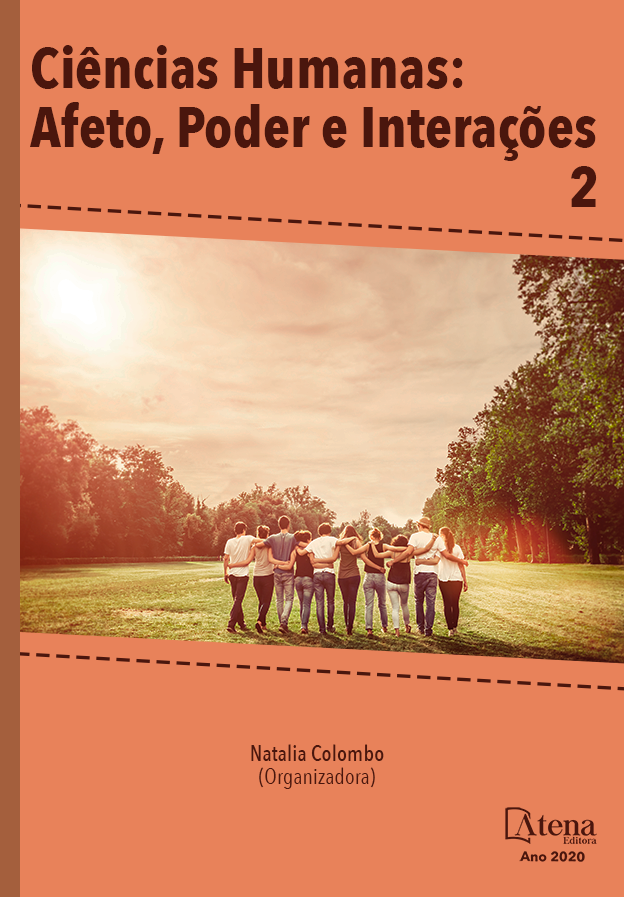
“ENTRE A CRUZ E A ESPADA”: A IMPORTÂNCIA DOS RITOS FÚNEBRES COMO PRÁTICA DE FÉ AINDA QUE DIANTE DE COIBIÇÃO HEGEMÔNICA
Um quadro de emergência de saúde pública, com difusão e importância internacional, instalou-se no globo desde o início do ano de 2020, por efeito da pandemia da COVID-19, tendo dado causa mortis a mais de 50.000 brasileiros. Tal alarmante evento, motivou a declaração de calamidade pública no nosso país, seguida da adoção de fortes e complementares medidas sanitárias, econômicas e legais, inclusive, o impedimento à aglomeração de pessoas, o que alcançou os tradicionais ritos funerários. Diante disso, o presente artigo buscou traçar uma linha histórica multidisciplinar, que envolve enfoques religiosos, filosóficos e jurídicos, avaliando a problematização dos possíveis conflitos entre a legitimidade das normas e determinações de Estado, ante as crenças religiosas do cidadão, bem como os impactos desses conflitos nos indivíduos. Para tanto, partiu-se da trama presente na obra Antígona, do dramaturgo grego Sófocles (séc. V a.C.), e estabeleceu-se uma comparação com o cenário atual, tomando referenciais sociopolíticos como embasamento analítico.
“ENTRE A CRUZ E A ESPADA”: A IMPORTÂNCIA DOS RITOS FÚNEBRES COMO PRÁTICA DE FÉ AINDA QUE DIANTE DE COIBIÇÃO HEGEMÔNICA
-
DOI: 10.22533/at.ed.54220081019
-
Palavras-chave: Legalidade. Religião. Ritos fúnebres.
-
Keywords: Legality. Religion. Funeral rites.
-
Abstract:
A public health emergency situation, with diffusion and international importance, has been installed in the globe since the beginning of the year 2020, due to the pandemic of COVID-19, having given cause mortis to more than 50,000 Brazilians. Such an alarming event led to the declaration of public calamity in our country, followed by the adoption of strong and complementary health, economic and legal measures, including the impediment to the gathering of people, which reached the traditional funerary rites. Accordingly, this article sought to draw a multidisciplinary historical line, which involves religious, philosophical and legal approaches, assessing the problematization of possible conflicts between the legitimacy of State rules and determinations, in view of the citizen's religious beliefs, as well as the impacts of these conflicts in individuals. Therefore, we started from the plot present in the composition Antígona, by the Greek playwright Sophocles (5th century BC), and a comparison was established with the current scenario, taking socio-political references as an analytical basis.
-
Número de páginas: 21
- Emerson De Stefani
- VIVIANE FARIA LOPES


